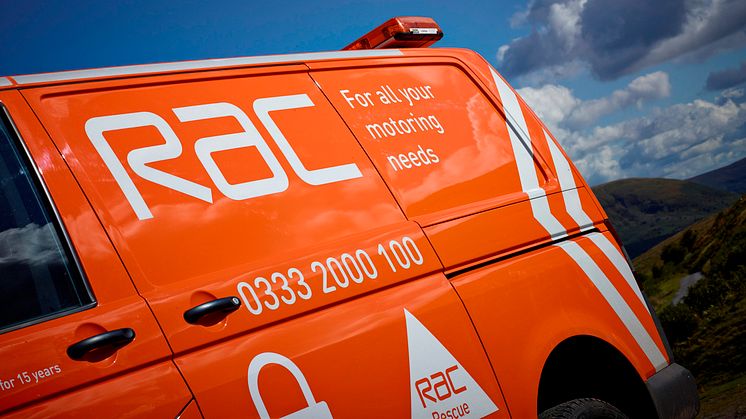
Press release -
Petrol goes below 130p a litre for first time since February 2011
The price of petrol has fallen below the 130p mark for the first time since the end of February 2011, while diesel has also come down to its lowest price since mid-July 2012.
On Sunday 19 January 2014 the average petrol price was recorded at 129.82p and diesel was at 137.27p, giving motorists some early New Year cheer.
And, with wholesale prices of both fuels maintaining a low price around 101p a litre for unleaded and 105p for diesel, the RAC is hopeful forecourt prices will continue to move downwards for several weeks, perhaps taking average prices down as low as 128p a litre for unleaded and 136p a litre for diesel as the two-week pricing forecast is for a reduction of over 2p in petrol and nearly 3p in diesel.
The reduction in pump prices has been led by the supermarkets which last week made a 2p a litre cut on both petrol and diesel. This has been swiftly followed by other fuel retailers across the country, leading to some of the lowest petrol prices for nearly three years.
RAC head of external affairs Pete Williams said: “The supermarkets are demonstrating great transparency by passing on wholesale savings to motorists and, in doing so, really helping to making motoring that little bit more affordable. We are confident fuel retailers will continue to pass on reductions in the wholesale price of petrol and diesel to further ease pressure at the pumps.
“Motorists often complain that prices seem to go up far faster than they come down, but this is proof that this is not necessarily the case.
“We just need the price of oil to remain stable and for the pound to continue performing well against the dollar.”
The price of fuel is one of the hottest topics with drivers nearly half (46%) of 1,500 motorists surveyed for the RAC Report on Motoring 2013 saying the cost of driving is still their number one motoring concern. The report also found that 78% of drivers see their car as an integral part of their lives, admitting they would find it difficult to adjust life without a vehicle. More than half (54%) said they would have a fuller social life, visiting family and friends more often, if fuel was more affordable.
A supporter of the FairFuelUK campaign, the RAC strives to be the motorist’s champion by calling on the Government to drive down costs at the pumps by capping, or reducing fuel duty from nearly 58p per litre.
Anyone wishing to keep track of movement in fuel prices should visit the RAC’s Fuel Prices Explained pages at http://www.rac.co.uk/advice/fuel-price.
Topics
Notes to Editors
About the RAC
First formed in 1897, the RAC has been looking after the needs of its members and championing the interests of drivers for more than 120 years.
Today it has more than eight million members and is one of the UK’s most progressive motoring organisations, providing services for both private and business motorists. Whether it's roadside assistance, insurance, buying a used car, vehicle inspections and checks, legal services or up-to-the-minute traffic and travel information – the RAC offers a solution for all motoring needs. The RAC is committed to making motoring easier, safer, more affordable and more enjoyable for drivers and road users.
The RAC is the motorist’s champion and campaigns to support the interests of its members and UK drivers at a national level. This includes voicing concerns about the increasing cost of motoring, particularly the price of fuel and the high level of tax levied on it, advancing levels of road safety, and supporting the needs of all drivers, from young to old.
The RAC’s annual Report on Motoring – first published in 1989 – is one of a kind and provides a clear insight into the concerns and issues facing today’s motorists.
For the very latest news on UK fuel prices, check RAC Fuel Watch. It provides a comprehensive guide to the latest UK unleaded petrol and diesel prices – both at the wholesale level and at the pump - and tracks these prices daily to help drivers check if the price they pay to fill up is a fair one.

